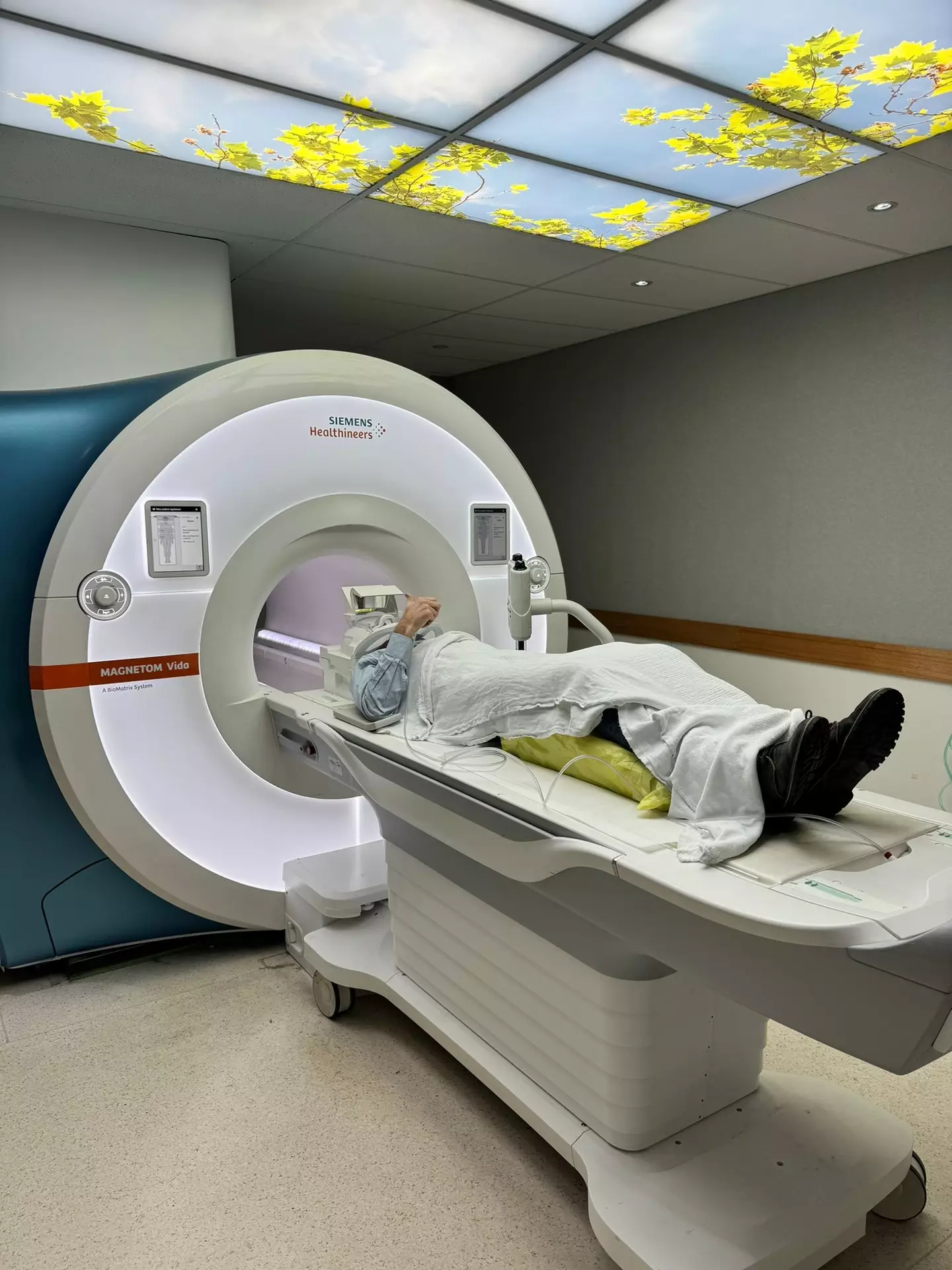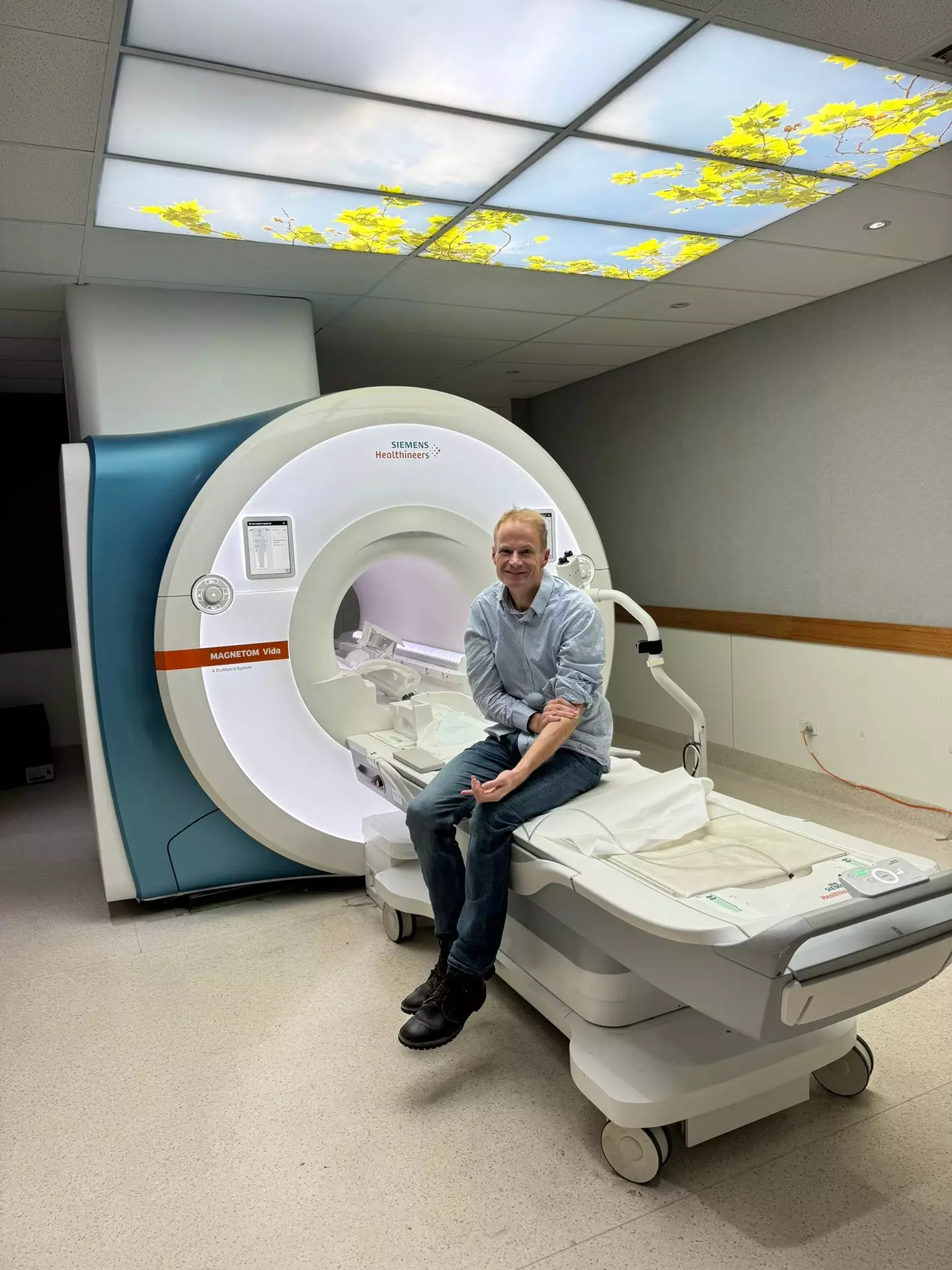A year after using the world’s first treatment he developed for a terminal brain tumor, the doctor is still cancer-free


Featured image credit: X/@ProfRScoyerMIA
A doctor has shared the latest update, a year after undergoing a world-first treatment for his terminal brain cancer diagnosis.
Last year, world-renowned Australian pathologist Richard Scolyer underwent an experimental cancer therapy based on his own research into melanoma – a type of skin cancer – and has since shared his condition a year later .
At 56, Professor Scolyer – one of the co-directors of the Melanoma Institute Australia – was diagnosed with glioblastoma, a type of aggressive and fast-growing brain tumor.
According to The Brain Tumor Charity: “The average survival time for glioblastoma is 12 to 18 months – only 25 percent of patients survive more than a year, and only five percent of patients survive more than five years. »
In his own work on melanoma cancer, Scolyer and his team had already made a breakthrough in helping treat skin cancer with a combination of immunotherapy – strengthening the immune system to help the body find and destroy cancer cells – before removing the melanoma by surgery. Some patients have been cured with this treatment, but it has never been used for any type of brain cancer.
Despite this, Scolyer decided to test the treatment on brain tumors – making himself “patient zero” – using a combination of immunotherapy, surgery, radiotherapy and a personalized vaccine. He has since revealed the results of his analysis a year later.

Professor Richard Scolyer underwent a world-first form of experimental treatment for his brain tumor (X/ @ProfRScolyerMIA)
On May 13, the doctor took advantage of his X account to share the latest news from his journey against cancer.
The post shows two images of him, one lying about to walk towards an MRI machine and another of him sitting on the table, smiling at the camera.
The legend bed: “I had a brain #MRI last Thursday looking for recurrent #glioblastoma (&/or treatment-related complications). I found out yesterday that there was still no sign of a recurrence.
“(…) Thank you to the fabulous team who look after me so well, especially my wife Katie and my wonderful family!”

One-year analysis showed “no signs of recurrence” (X/ @ProfRScoyerMIA)
He added to the BBC that he was “more nervous” for his one-year exam than any other he had had before, but was “just thrilled and delighted” with the results.
While the doctor notes that the successful scan a year after treatment “certainly doesn’t mean (his) brain cancer is cured,” he reflects “it’s just nice to know that it’s not reappeared again”, meaning he has “more time to enjoy life” with his wife and children.
Professor Scolyer resolved: “(I) couldn’t be happier.”
If you have been affected by any of these issues and would like to talk to someone in confidence, contact the American Cancer Society at 1-800-227-2345 or through their live chat functionalityavailable 24/7, every day of the year.
Topics: Cancer, Health, World News, Science, Australia
News Source : www.unilad.com
Gn Health





